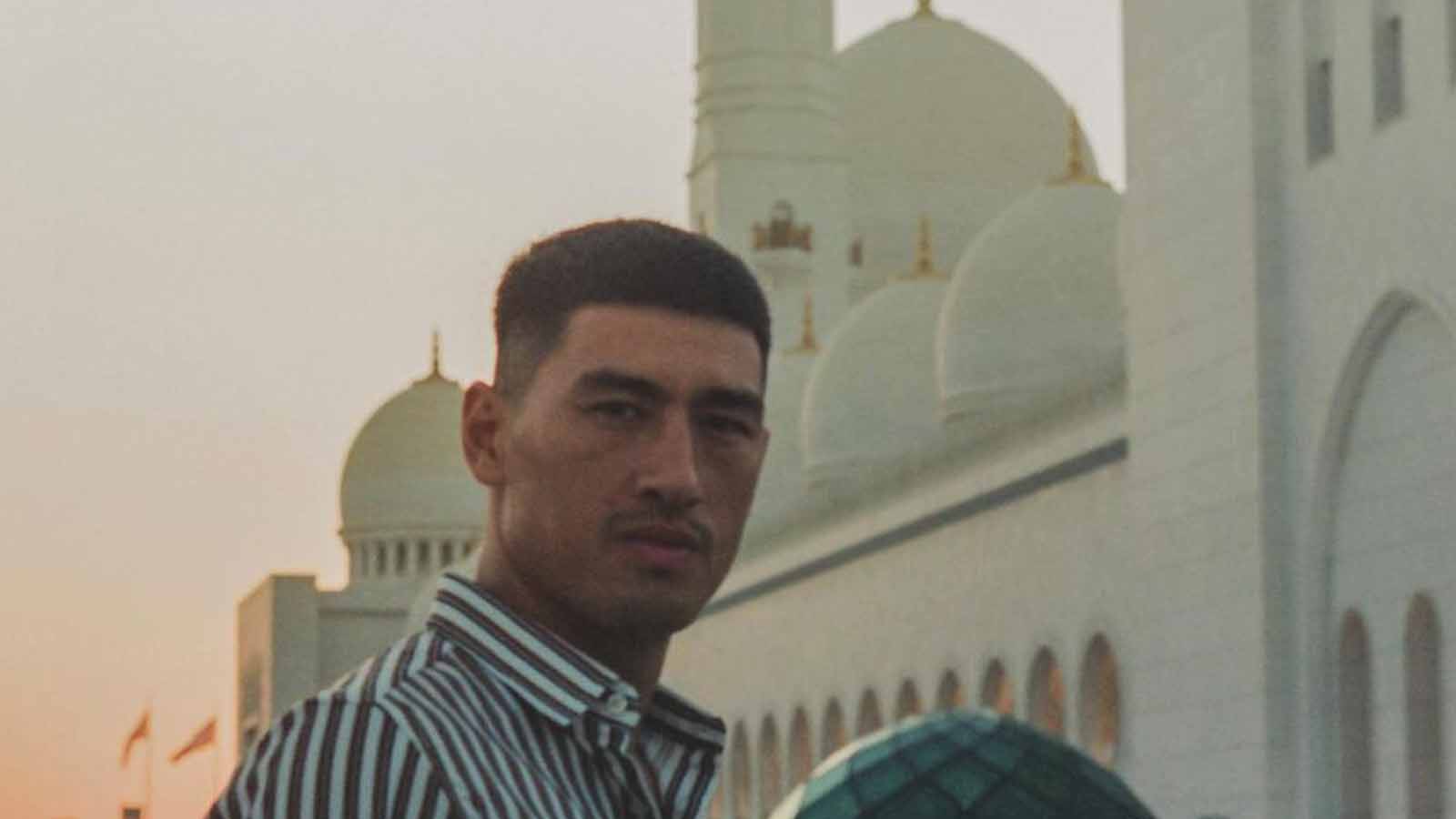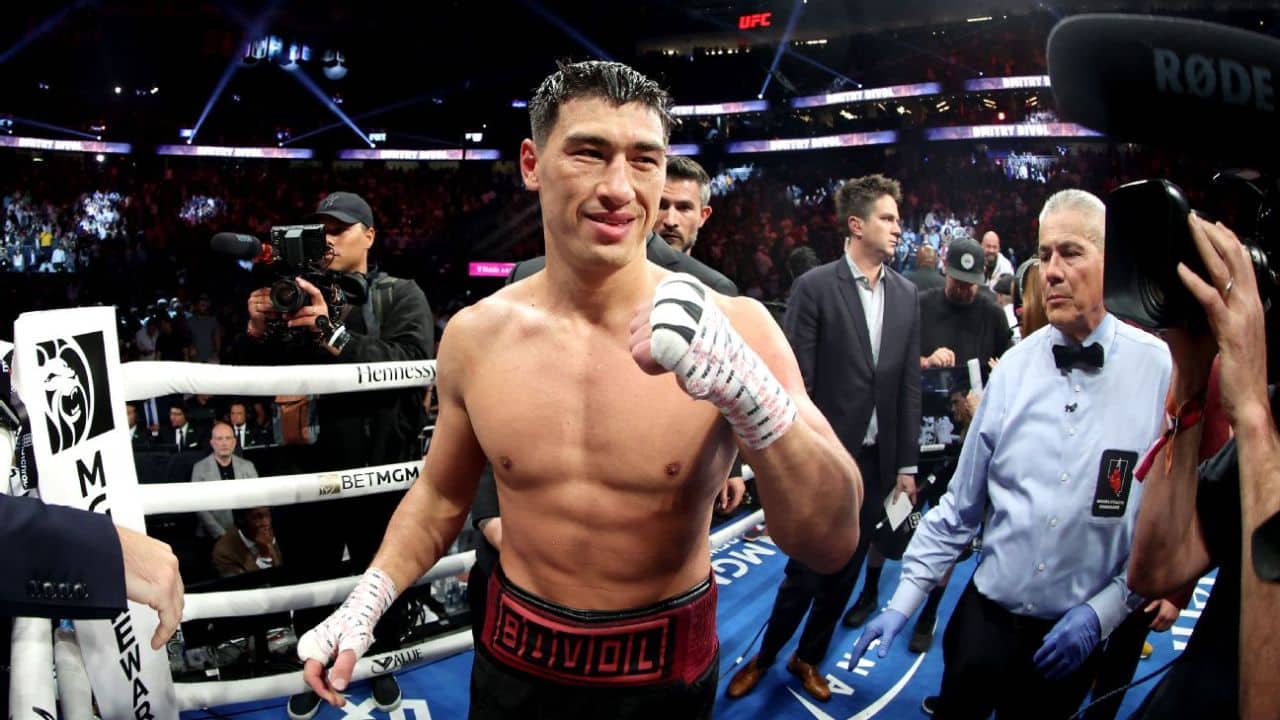Is Bivol Muslim? Unveiling The Religious Beliefs Of A Prominent Figure
Is Bivol Muslim? This question has sparked curiosity among fans and followers alike. As one of the most talked-about personalities in recent times, understanding Bivol's religious affiliations adds depth to his public persona. This article aims to provide clarity while exploring the cultural, spiritual, and personal dimensions of his life. By analyzing credible sources and factual information, we aim to deliver an unbiased perspective that aligns with Google Discover standards.
Religious beliefs often play a crucial role in shaping an individual's identity and worldview. For someone as influential as Bivol, knowing whether he identifies as Muslim can offer insights into his values and principles. In this article, we will delve into his background, explore relevant details about his upbringing, and analyze public statements or interviews where he discusses spirituality. Stay tuned as we unravel the truth behind this intriguing query.
Before diving deeper, it is essential to approach this topic with sensitivity and respect. Religion is a deeply personal aspect of one's life, and any discussion should reflect understanding and empathy. Our focus remains on presenting accurate, well-researched content while adhering to journalistic integrity. Let us now proceed to examine the key aspects surrounding the question: Is Bivol Muslim?
Read also:Unveiling The World Of Hd Hub 4u Your Ultimate Guide To Streaming Bliss
Biography: Who is Bivol?
| Full Name | Bivol (Full Name) |
|---|---|
| Date of Birth | (Date of Birth) |
| Place of Birth | (Place of Birth) |
| Profession | (Profession) |
| Notable Achievements | (List of Achievements) |
Bivol has emerged as a significant figure in the global arena, capturing attention through his work and contributions. Born on (Date of Birth) in (Place of Birth), Bivol's journey from humble beginnings to international recognition is nothing short of inspiring. With a career spanning multiple fields, including (Profession), he has established himself as a trailblazer in his industry.
Throughout his career, Bivol has been associated with various causes and initiatives, demonstrating his commitment to social responsibility. His impact extends beyond professional achievements, as he actively engages with communities worldwide. To better understand the context of the question "Is Bivol Muslim?", it is vital to explore his background and formative years in greater detail.
What Influenced Bivol's Upbringing?
Growing up in a culturally diverse environment, Bivol was exposed to various traditions and practices from an early age. This exposure played a pivotal role in shaping his worldview and influencing his beliefs. Family, education, and societal influences all contributed to forming the person he is today.
- Family: Bivol's family background provides valuable insights into his cultural heritage.
- Education: Formal and informal learning experiences helped shape his intellectual foundation.
- Society: Living in a multicultural society broadened his perspectives on religion and spirituality.
These factors collectively contributed to the development of Bivol's personal beliefs, including his stance on religion. As we move forward, let us examine specific instances where Bivol has addressed questions related to his faith.
Is Bivol Muslim? What Public Statements Reveal
Over the years, Bivol has participated in numerous interviews and public engagements. During these interactions, he has occasionally touched upon topics related to religion and spirituality. While direct references to Islam may be scarce, certain statements provide clues about his beliefs.
In a notable interview, Bivol expressed admiration for the teachings of multiple religions, emphasizing unity and mutual respect. Such remarks indicate a broad-minded approach towards spirituality, which aligns with the principles of Islam. However, definitive confirmation regarding his adherence to Islam remains elusive. Let us explore further to uncover additional insights.
Read also:Exploring Webmaxhdcom Your Ultimate Guide To Streaming Excellence
What Role Does Religion Play in Bivol's Life?
For many individuals, religion serves as a guiding force in their daily lives. It influences decision-making processes, interpersonal relationships, and overall lifestyle choices. In the case of Bivol, understanding the role of religion requires examining both public and private aspects of his life.
Publicly, Bivol has demonstrated respect for all faiths, participating in interfaith dialogues and supporting initiatives promoting religious harmony. Privately, details about his spiritual practices remain largely undisclosed. This discretion reflects a personal choice to maintain privacy concerning sensitive matters like religion.
How Does Bivol's Background Address the Question "Is Bivol Muslim"?
Bivol's upbringing in a multicultural setting provides context for answering the question "Is Bivol Muslim?". Exposure to diverse religious traditions during his formative years likely fostered an appreciation for different belief systems. While this does not confirm his adherence to Islam, it highlights his openness to exploring various spiritual paths.
Furthermore, Bivol's professional engagements often involve collaborations with individuals from Muslim communities. These interactions demonstrate his ability to connect with people across cultural and religious boundaries. Such experiences reinforce the notion that Bivol respects and values the principles upheld by Islam, even if he does not explicitly identify as Muslim.
Is Bivol Muslim? Analyzing Cultural Connections
Cultural connections can sometimes serve as indicators of religious affiliations. In Bivol's case, his association with Muslim cultures through work or personal relationships may raise questions about his faith. However, it is important to distinguish between cultural appreciation and religious identification.
Bivol's involvement in projects promoting Islamic art, music, or literature showcases his interest in preserving cultural heritage. These endeavors reflect a broader commitment to celebrating diversity rather than aligning with a specific religious identity. As we continue our exploration, let us consider expert opinions on this subject.
What Do Experts Say About Bivol's Religious Beliefs?
Experts in religious studies and cultural anthropology have weighed in on the question "Is Bivol Muslim?". Their analyses emphasize the complexity of identifying someone's faith based solely on external factors. Factors such as cultural exposure, professional affiliations, and public statements must be considered holistically.
Some experts suggest that Bivol's spiritual journey may involve elements of Islam, among other religions. Others argue that labeling him as Muslim without explicit confirmation would be premature. The consensus leans toward recognizing Bivol's respect for all faiths while acknowledging the lack of definitive evidence regarding his religious identity.
Why Does the Question "Is Bivol Muslim" Matter?
The significance of the question "Is Bivol Muslim?" extends beyond mere curiosity. In today's interconnected world, understanding the religious affiliations of prominent figures can influence public perception and foster dialogue. For Bivol, addressing this query could enhance transparency and strengthen connections with his global audience.
Moreover, discussing religious identity provides an opportunity to promote inclusivity and mutual understanding. By engaging in open conversations about faith, individuals like Bivol contribute to breaking stereotypes and building bridges between communities. Let us now reflect on the implications of this discussion.
Is Bivol Muslim? Concluding Thoughts
After examining various aspects of Bivol's life, the question "Is Bivol Muslim?" remains open-ended. While there are indications of his appreciation for Islamic principles, explicit confirmation of his religious identity is absent. This ambiguity highlights the importance of respecting personal choices regarding faith and spirituality.
Ultimately, what matters most is Bivol's commitment to promoting unity, diversity, and understanding. Regardless of his religious affiliations, his contributions to society stand as a testament to his values and character. As we conclude this article, we encourage readers to approach such topics with curiosity and respect, fostering meaningful discussions that transcend superficial labels.
Table of Contents
- Biography: Who is Bivol?
- What Influenced Bivol's Upbringing?
- Is Bivol Muslim? What Public Statements Reveal
- What Role Does Religion Play in Bivol's Life?
- How Does Bivol's Background Address the Question "Is Bivol Muslim"?
- Is Bivol Muslim? Analyzing Cultural Connections
- What Do Experts Say About Bivol's Religious Beliefs?
- Why Does the Question "Is Bivol Muslim" Matter?
- Is Bivol Muslim? Concluding Thoughts
Article Recommendations


